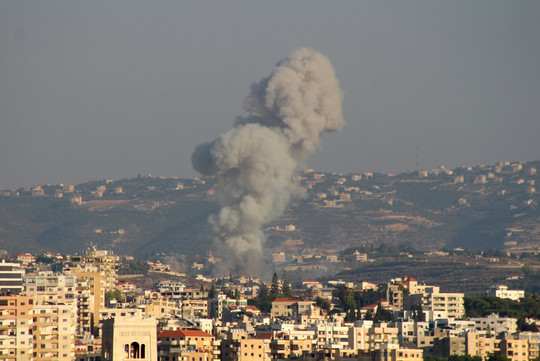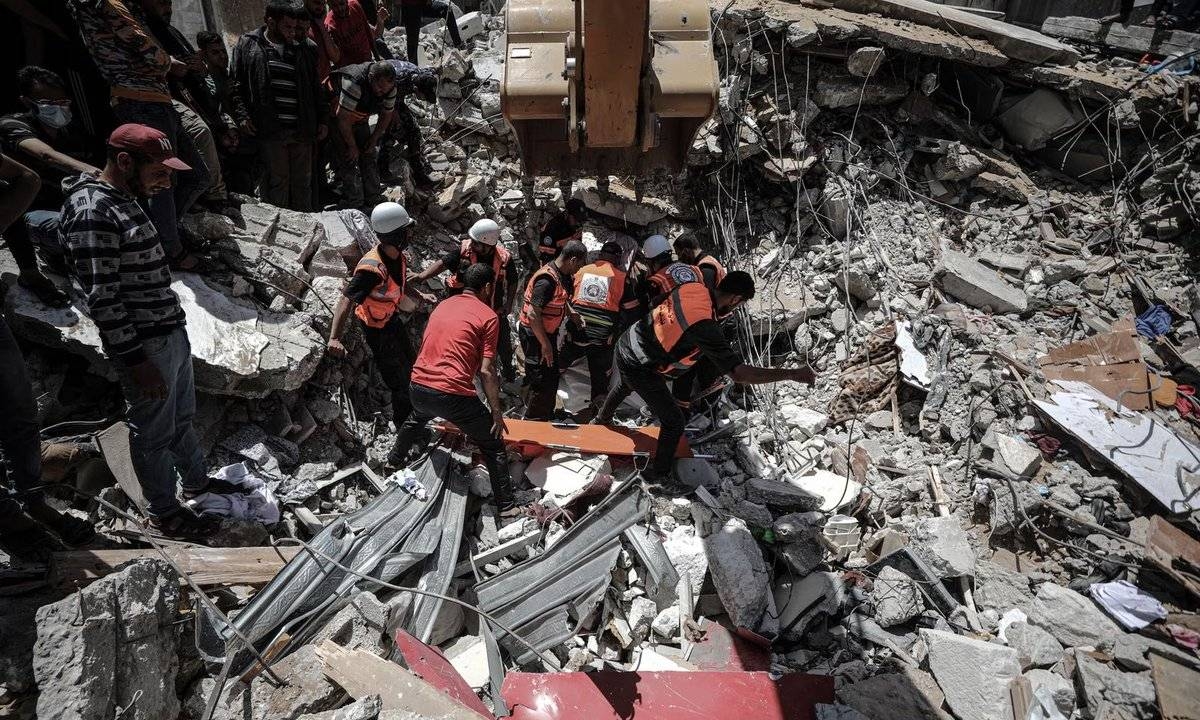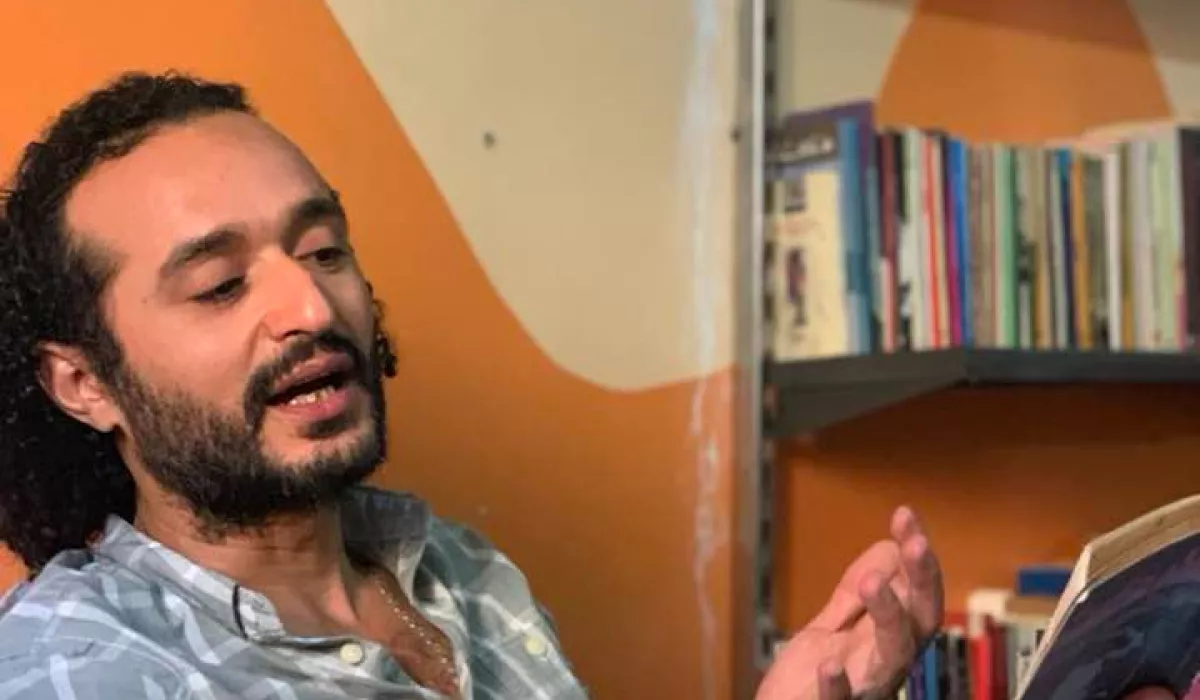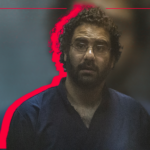
Alaa Abdel Fattah’s Ongoing Detention Sparks Global Outcry
September 25, 2024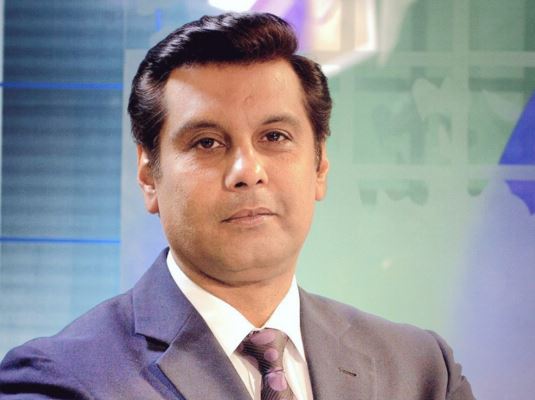
UN Demands Justice in Killing of Pakistani Journalist Arshad Sharif in Kenya
September 25, 2024September 25, 2024 – Lebanon –
Since the outbreak of war in Gaza in October 2023, Lebanon has become one of the deadliest places for journalists outside the Palestinian territories. According to the International Federation of Journalists (IFJ), at least nine journalists and media workers have been killed in Lebanon as a result of Israeli airstrikes and escalating cross-border violence. These fatalities highlight the growing dangers faced by reporters covering one of the region’s most volatile frontlines.
Among the most recent victims was Kamel Karaki, a cameraman with Al-Majd News, who was killed on 24 September 2024 by an Israeli airstrike near Borj Rahhal in southern Lebanon. Karaki had been covering civilian evacuations when his vehicle was struck, killing him instantly and injuring two others. On the same day, another journalist from the pro-Hezbollah outlet Al-Mayadeen was also killed in a separate strike, underscoring the deadly risks journalists face even while fulfilling their reporting duties.
Media watchdogs, including the IFJ and the National Union of Journalists (NUJ), have condemned the attacks as potential violations of international humanitarian law. Journalists are civilians under the Geneva Conventions and are afforded special protections during conflict. Their deliberate or reckless targeting not only constitutes a war crime but also represents a direct attack on press freedom and the public’s right to information.
The fatalities in Lebanon mirror broader regional trends. The conflict has led to an unprecedented number of journalist deaths, particularly in Gaza, where media professionals continue to be killed at an alarming rate. The spillover of hostilities into Lebanon, however, indicates that these dangers are expanding beyond immediate war zones, threatening journalists in neighboring countries as well.
The IFJ has called for urgent protective measures, including the distribution of safety equipment and international pressure to ensure accountability for attacks on journalists. Without immediate safeguards and impartial investigations, Lebanon’s media landscape risks further loss, and the world risks losing access to on-the-ground truths from one of the most dangerous and misunderstood regions.
As the death toll climbs, these journalists are not just casualties of war—they are casualties of truth being silenced by violence.
Reference –

